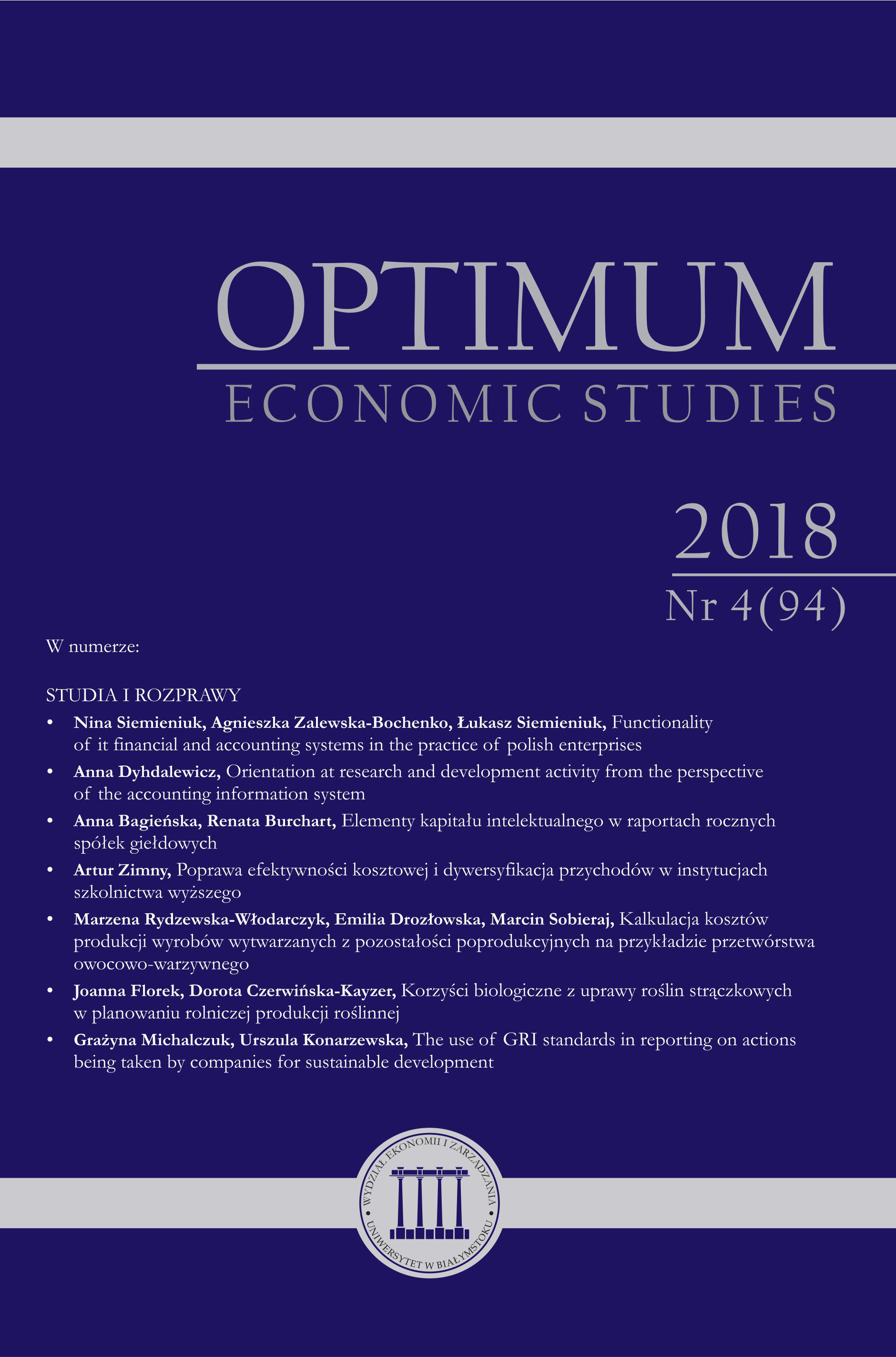Polscy ekonomiści akademiccy okresu transformacji. Kilka refleksji na tle wyników badań
Polish academic economists of the transformation period. A few reflections on the basis of the test results
Author(s): Wanda Karpińska-Mizielińska, Tadeusz SmugaSubject(s): Social Sciences, National Economy, Economic history
Published by: Wydawnictwo Uniwersytetu w Białymstoku
Keywords: schools of economic thought; academic economists; economics in Poland; scientific selfawareness; empirical research
Summary/Abstract: The change of the system in Poland in the early 1990s meant that, like other areas of social andeconomic life, academic economics was subject to the profound transformation. It was connected withthe change of the existing method of analyzing economic phenomena, as well as with the search fornew theoretical approaches. The expression of this was, above all, the departure from Marxist theoryand the assimilation of the neoclassical and Keynesian tradition. This was also reflected in theeconomic programs.The aim of the article is to take a look at the environment of Polish academic economists in thecontext of their theoretical choices. The basis of the formulated reflections are the results of researchcarried out as a part of the research project "Identifying Polish economists with schools of economicthought" conducted in 2014-2016 at the Institute of Consumption and Research of Business Cyclesand research on PIB and literature studies. The broad characteristics of the scientific community ofeconomists is enabled by the data collected during the project implementation on their theoreticalchoices, views on the state of economic sciences, barriers to the development of the Polish economy,as well as personal characteristics.Studies have confirmed that sex and age are important variables that differentiate economic schoolchoices made by economists. In the context of the further development of the Polish academiceconomy, particular attention was paid to the views of economists aged 36-45, because they will havea decisive influence on the content transferred within the framework of teaching economics atuniversities in the following years. Their theoretical choices indicate that the new institutional economymay lose its importance, and the views of the orthodox schools of economic thought will dominatereagrding the preferred solutions of economic policy. This indicates the strengthening of the advantageof liberal orientation in the Polish economy in the coming years.
Journal: Optimum. Economic Studies
- Issue Year: 94/2018
- Issue No: 4
- Page Range: 115-132
- Page Count: 18
- Language: Polish

